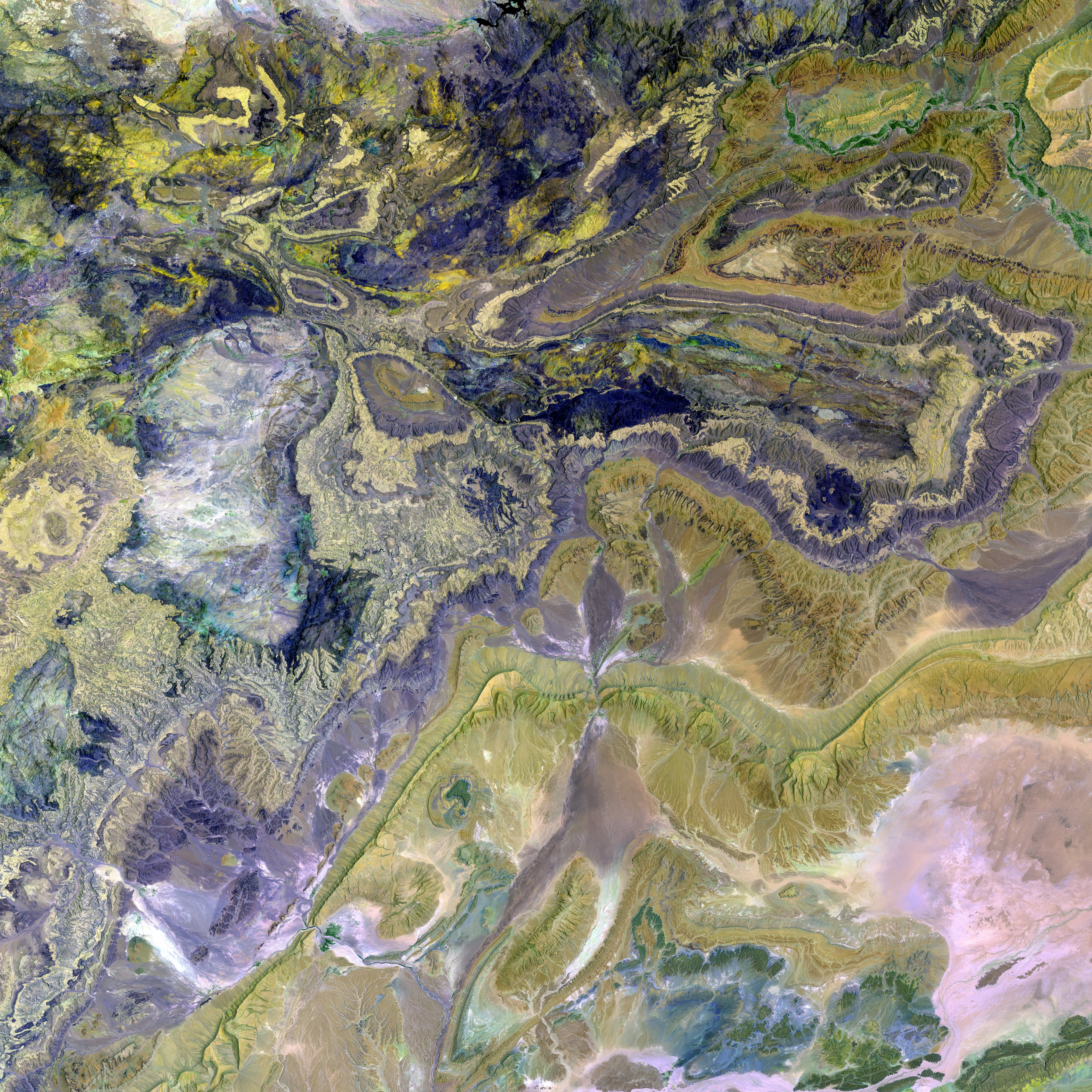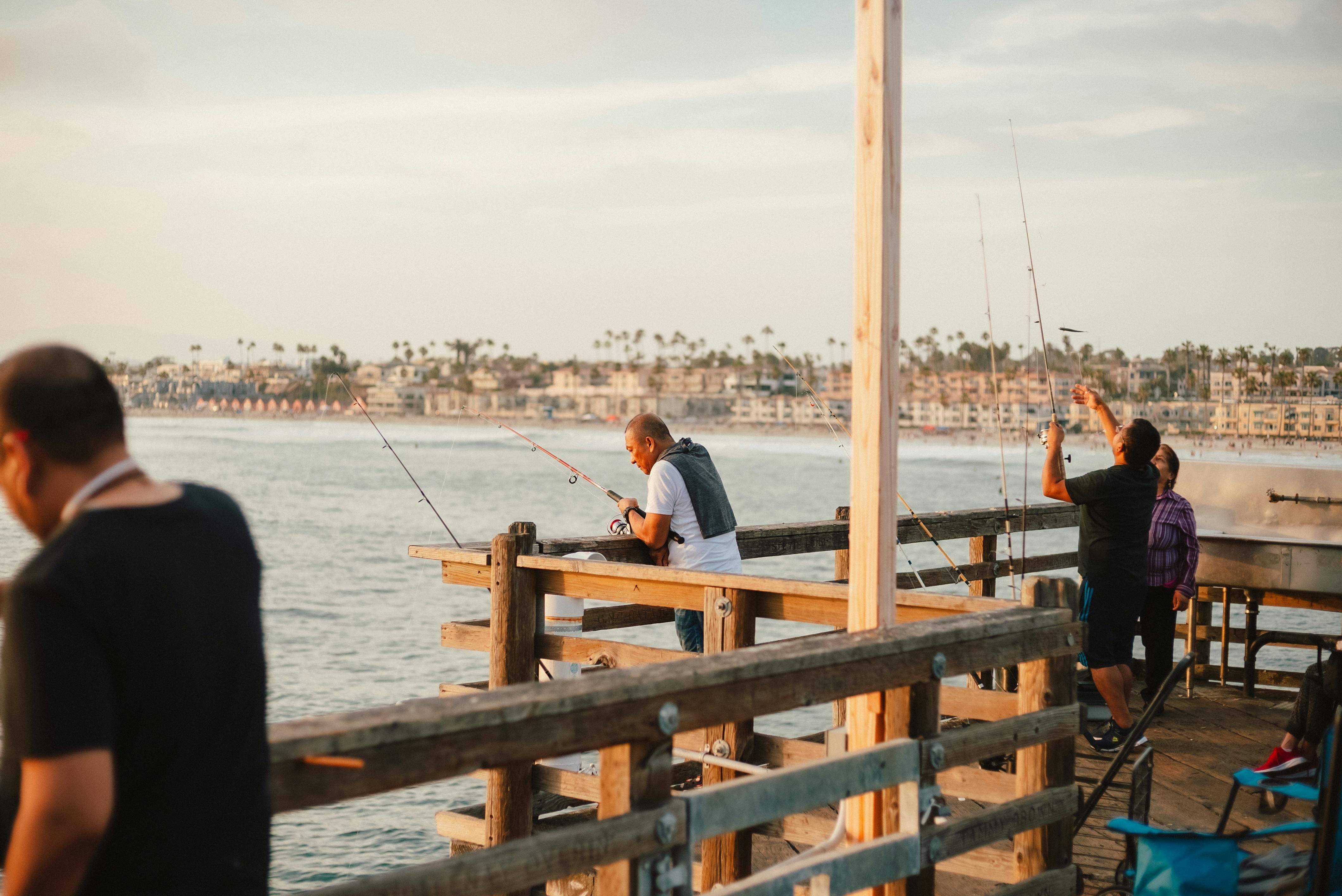Houthi Rebels Push for More Attacks Amidst International Efforts
According to Houthi spokesperson Buchaiti, the group is unwilling to back down, regardless of the cost. The Houthi representative stated, "It doesn't matter what sacrifices it costs us." The Houthi's stance comes in response to an international coalition formed by the USA, aiming to safeguard Israel and "militarize the sea." Buchaiti warned that anyone expanding the conflict would "bear the consequences of these actions."
On Monday, Defense Secretary Lloyd Austin announced the launch of Operation Prosperity Guardian, a "multinational security initiative" aimed at securing freedom of navigation and strengthening regional prosperity. The operation includes Bahrain, France, Great Britain, Italy, Canada, the Netherlands, Norway, the Seychelles, and Spain, with Germany considering its involvement.
The international coalition has been grappling with the Houthi's repeated attacks on ships. Since the start of the conflict between Israel and the Hamas-affiliated Palestinian organization, the Iran-backed Houthi militia in Yemen has fired numerous drones and missiles at Israel and shipping in the Red Sea. The Houthi rebels have threatened to continue attacking any vessel headed to Israel unless more food and medicine reach the Gaza Strip.
The tensions have disrupted global trade through the Red Sea, which plays a crucial role as an essential shipping route. News of major shipping companies such as Maersk and Hapag-Lloyd suspending voyages through the Bab-al-Mandeb Strait has added to the growing concern.
During his Middle East and Gulf region tour, Lloyd Austin condemned the Houthi attacks and called for a unified response from coalition members. He noted, "Iran's support for Houthi attacks on merchant ships must stop."
Engaging Europe's Role
France, a critical part of the coalition, held its first video conference with other members on Tuesday. However, the French Ministry of Defense remained tight-lipped about the meeting's details, revealing only that discussions centered around countering Houthi aggression.
Italy, another member, has expressed concerns about the escalating conflict and its potential impact on global seafaring. This perspective is shared by Canada, which has advocated for a peaceful resolution to the Red Sea conflict and an end to Houthi attacks on ships.
The Netherlands is part of the coalition but faces internal debate about the appropriate level of involvement. On the other hand, Norway plans to prioritize diplomacy and education, hoping to handle the conflict peacefully.
Germany, while considering participation, is committed to a balanced approach that combines military and diplomatic efforts to address the situation. Bahrain, an active member, remains dedicated to preserving peace and stability in the region.
Regional Implications
Houthi attacks on merchant ships have also fueled tension between Iran and the international community. The Houthi's loose targeting of ships has resulted in ongoing caution from shipping companies and insurers alike.
In a joint effort, the coalition is working to secure freedom of navigation, protect global trade, and maintain the stability of this vital shipping lane. The coalition's actions aim to counter Houthi aggression and, ultimately, promote peace in the region.
- The Houthi rebels refuse to back down, even as international efforts intensify to deter their attacks on ships.
- The Red Sea serves as a crucial shipping route, with up to 12% of global trade relying on this vital traffic lane.
- Houthi attacks against Israeli-bound ships have led to increased concerns about the broader implications of the conflict.
- The United States, United Kingdom, and European Union countries, including Germany and France, are actively engaged in dissuading the Houthi rebel actions.
- Italy, a key member of the coalition, has expressed concern over the escalating conflict and the potential impact on global seafaring.
- Due to the Houthi's loose targeting, shipping companies are exercising caution in the region, leading to disruptions in global trade.
Further Information
The Red Sea, a globally significant shipping route, has become a focal point of international efforts to counter Houthi attacks on ships. The Iran-backed Houthi militia in Yemen has repeatedly targeted vessels with drones and missiles, fueling concerns about the conflict's implications for global trade and regional stability.
The United States, United Kingdom, and European Union countries are engaged in a multi-faceted response to the situation. The US and UK have conducted air and missile strikes against the Houthis since January 2024, aiming to protect Red Sea shipping and maintain regional security. Additionally, the European Union launched a naval mission, Operation Aspides, to safeguard merchant shipping in the Red Sea and surrounding waters.
Members of the coalition, such as France, Germany, Italy, Belgium, Denmark, Finland, and the Netherlands, have pledged support, deploying warships and airborne early warning systems. These countries have intercepted and shot down Houthi drones and missiles, showcasing their commitment to dissuading further attacks on shipping. They have also worked to reroute vessels to avoid Houthi territory, safeguarding commercial traffic and ensuring the continued flow of global trade.
However, doubts continue to surface over the Houthi's adherence to pledged targets, fueling concerns about the group's looseness in distinguishing between targeted and non-targeted ships. The international community remains vigilant, committed to dissuading further attacks on shipping and promoting peace and stability in the region.








